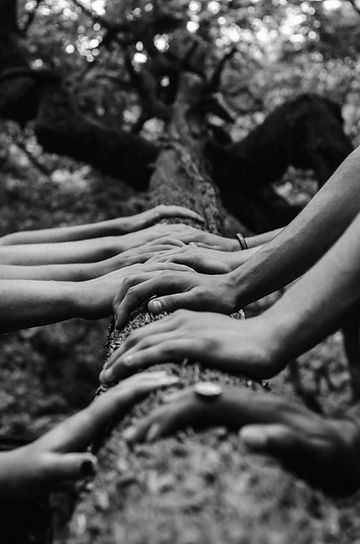TEACHING
I have never been a conventional scholar. I span across academic disciplines, job sectors, and countries while completing my studies. My experience as a first-generation international working student often frustrated me, giving me the impression that I had to work harder to be understood. I thought I was never going to be able to excel at what I liked, learning, because of practical constraints. It was not until I completed my PhD that I realized my difficulties were in fact my strengths. My multilingual identity and work outside the academia grounded me in my social investigations, while my interdisciplinary background refined my inquisitive nature.
This revelation shaped my teaching principles, vision, and mission.


Principle
Learning starts from the self
While working towards reducing systemic disparities, it is imperative for us, teachers, to generate unique opportunities to allow everyone to learn and prosper. I first aim to create a space where students learn to value their unique perspective, and become independent thinkers, drawing from their individuality, emotions, and understanding of broader sociological processes. Allowing them to voice their feelings and hurdle is instrumental in helping them gain control and self-esteem.
Vision
Learning goes beyond teachers’ and students’ roles
Secondly, I firmly believe that education implies mutual enrichment between each part. Since I, too, have a lot to learn from my students, I adopt an iterative approach, which changes according to the class dynamics. This method helps me create a stimulating and inclusive environment.


Mission
Learning continues outside the classroom
Lastly, in line with my research goals, I strive to help students reflect on the social responsibility we all have beyond the actual scholarship. A classroom should be the setting where we collectively work towards a just society. It should stimulate cultural exchange, social commitment, and desire to progress. I strive to make students to feel safe to challenge old ideas and explore novel terrains. These are the qualities that can empower them to question systemic faults, identify and counter inequalities, and develop socio-cultural skills that will enhance not only their prospective career, but also our community.

